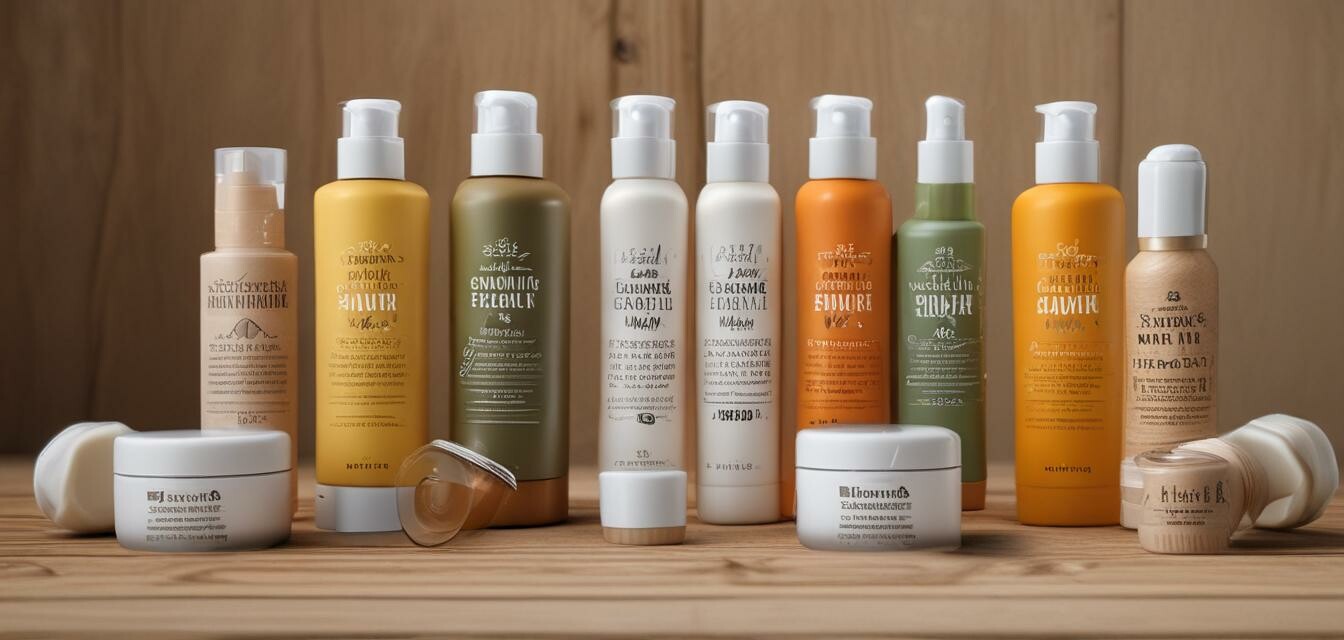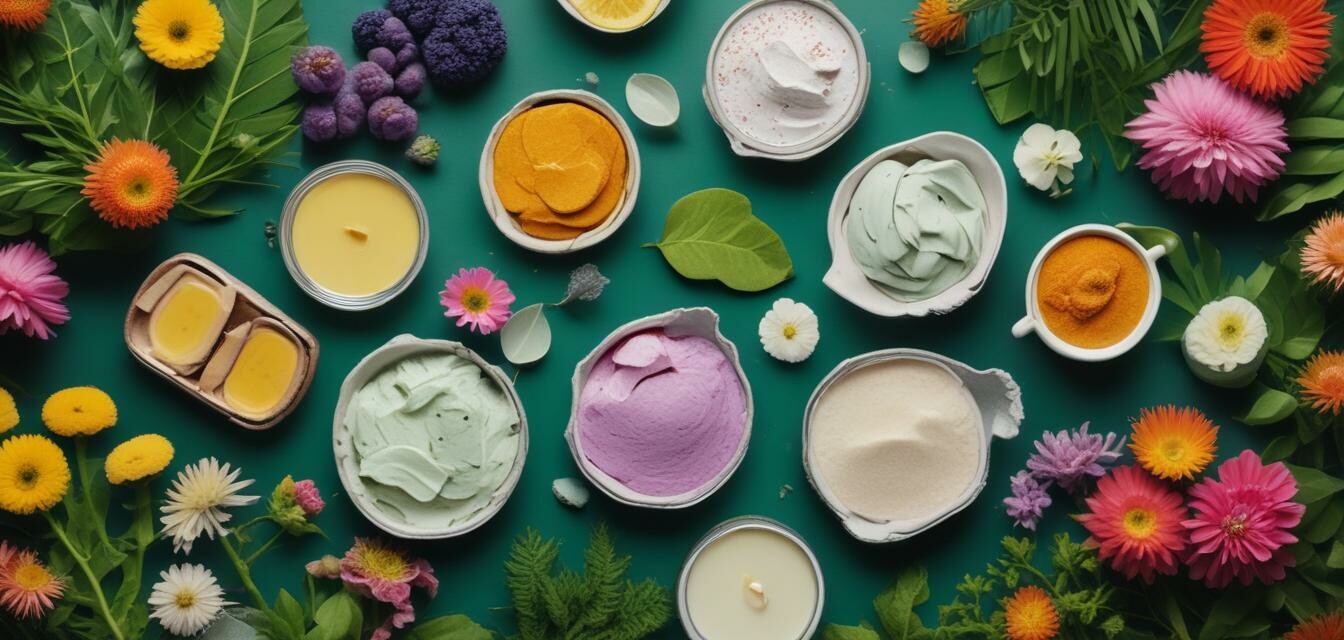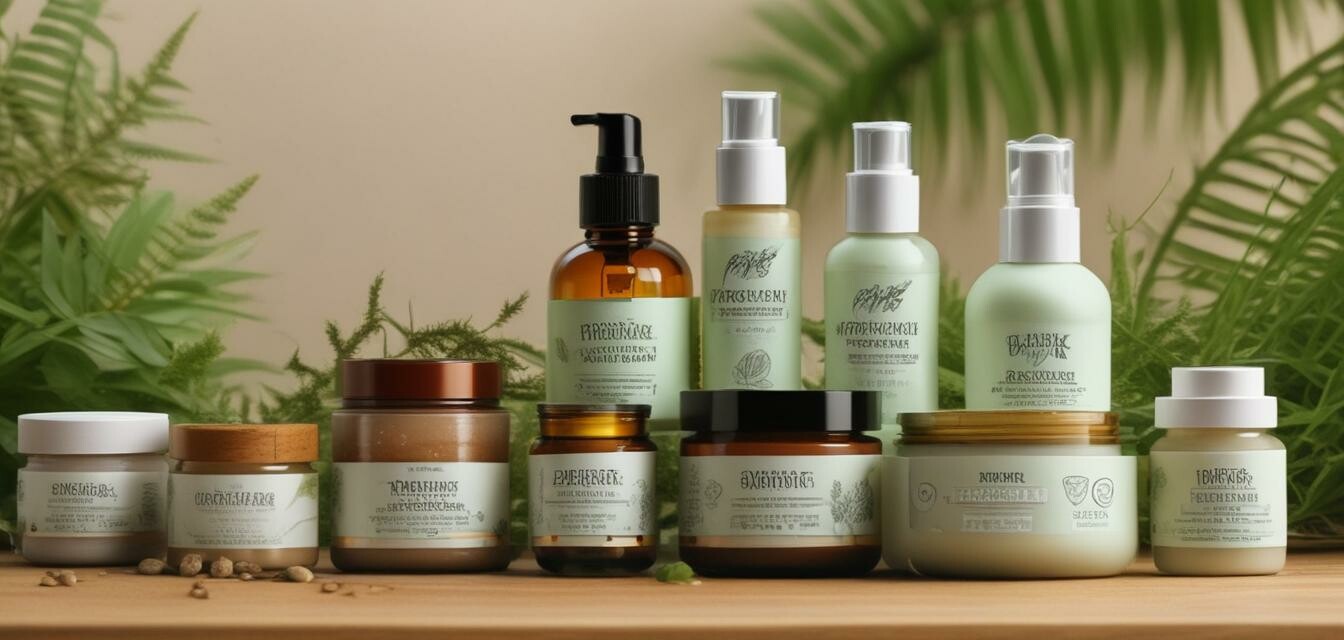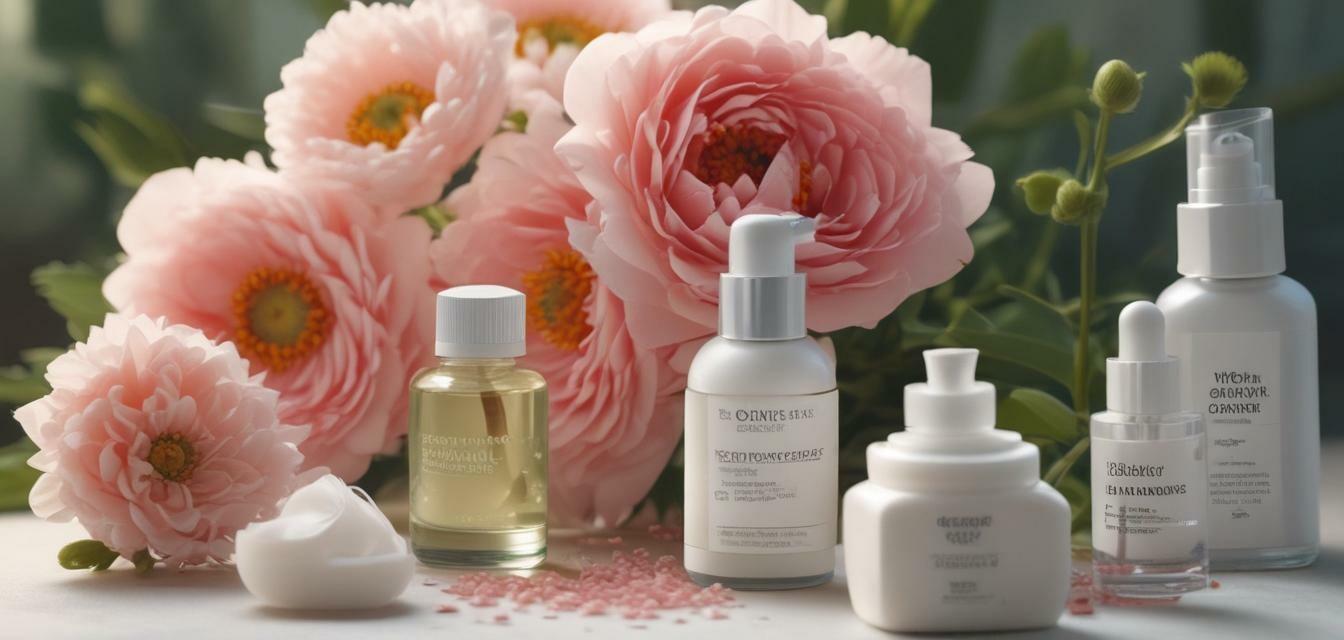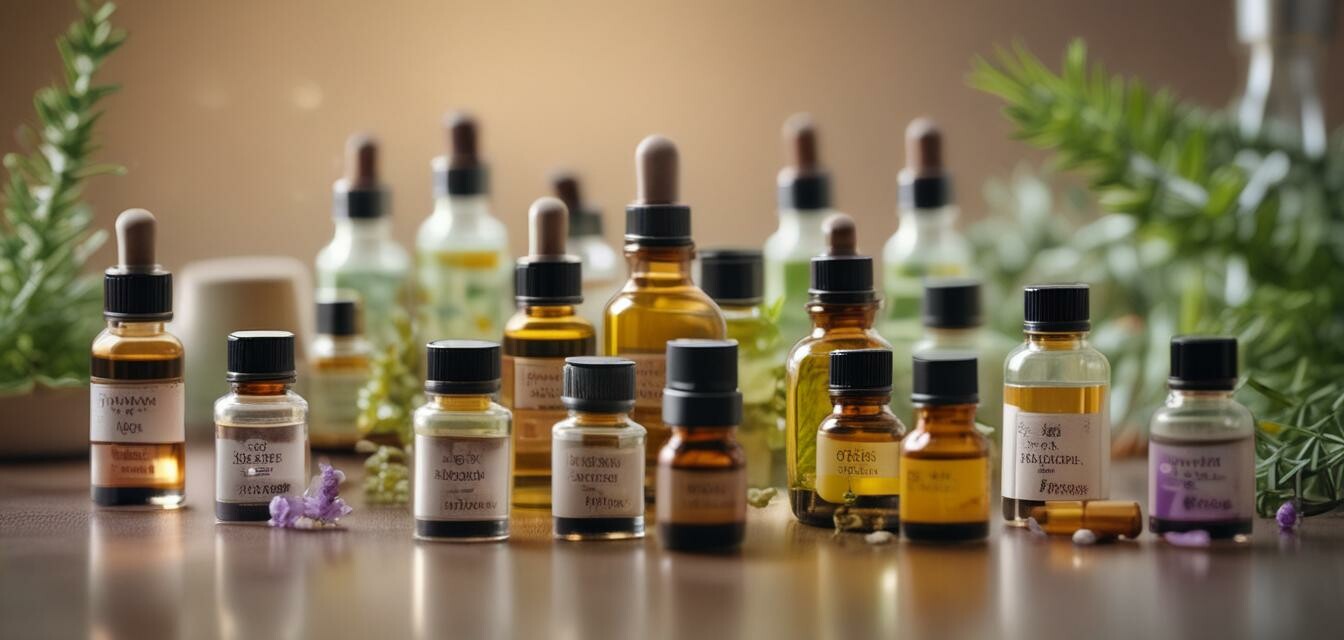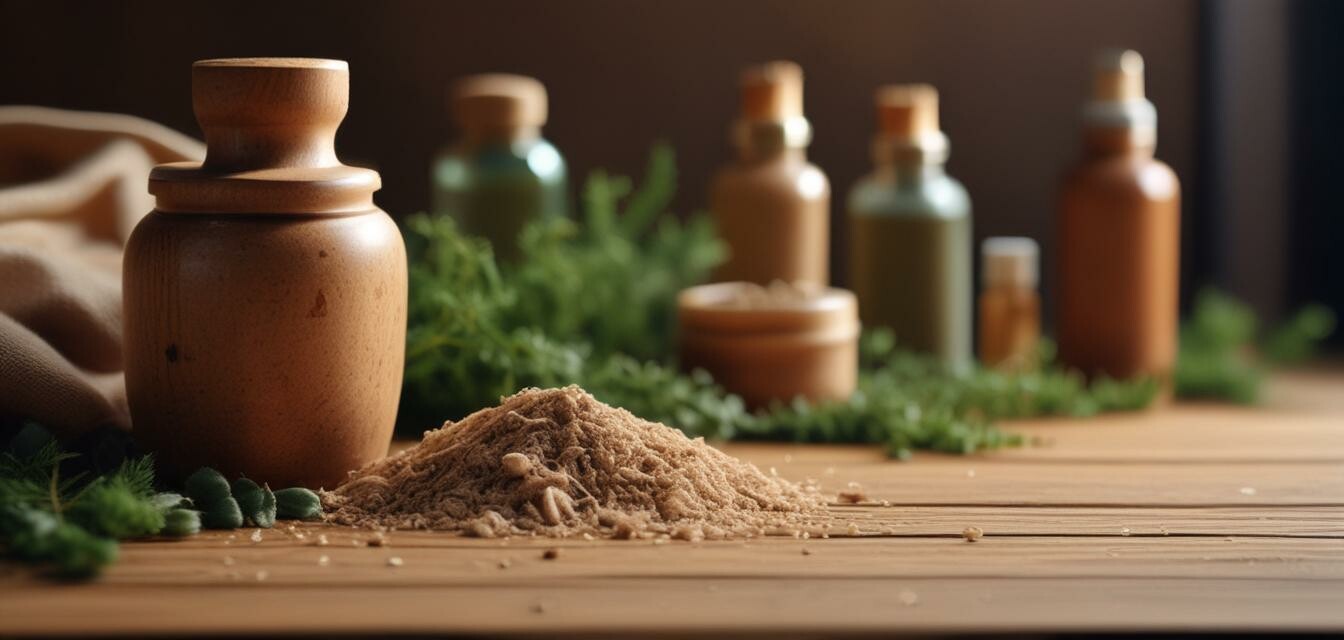
DIY Organic Skin Care Recipes
Key Takeaways
- DIY organic skincare is easy and cost-effective.
- Using natural ingredients can be beneficial for your skin.
- Explore various recipes for different skincare needs.
- Organic ingredients are generally safer and eco-friendly.
Creating your own organic skincare products is not only a fulfilling hobby but also a great way to ensure that you know exactly what you are putting on your skin. This collection of popular and effective DIY recipes utilizes natural ingredients that are easily accessible. Whether you are looking for a rejuvenating face mask, a soothing lotion, or an exfoliating scrub, you will find something here to help you glow up naturally!
Popular DIY Organic Skin Care Recipes
1. Hydrating Face Mask
A hydrating face mask can do wonders for dry skin, leaving it feeling soft and refreshed.
Ingredients:
- 1 avocado
- 2 tablespoons of honey
- 1 tablespoon of plain yogurt
Instructions:
- In a bowl, mash the avocado until smooth.
- Add honey and yogurt, then mix until well combined.
- Apply the mask to clean skin and leave for 15-20 minutes.
- Rinse with warm water.
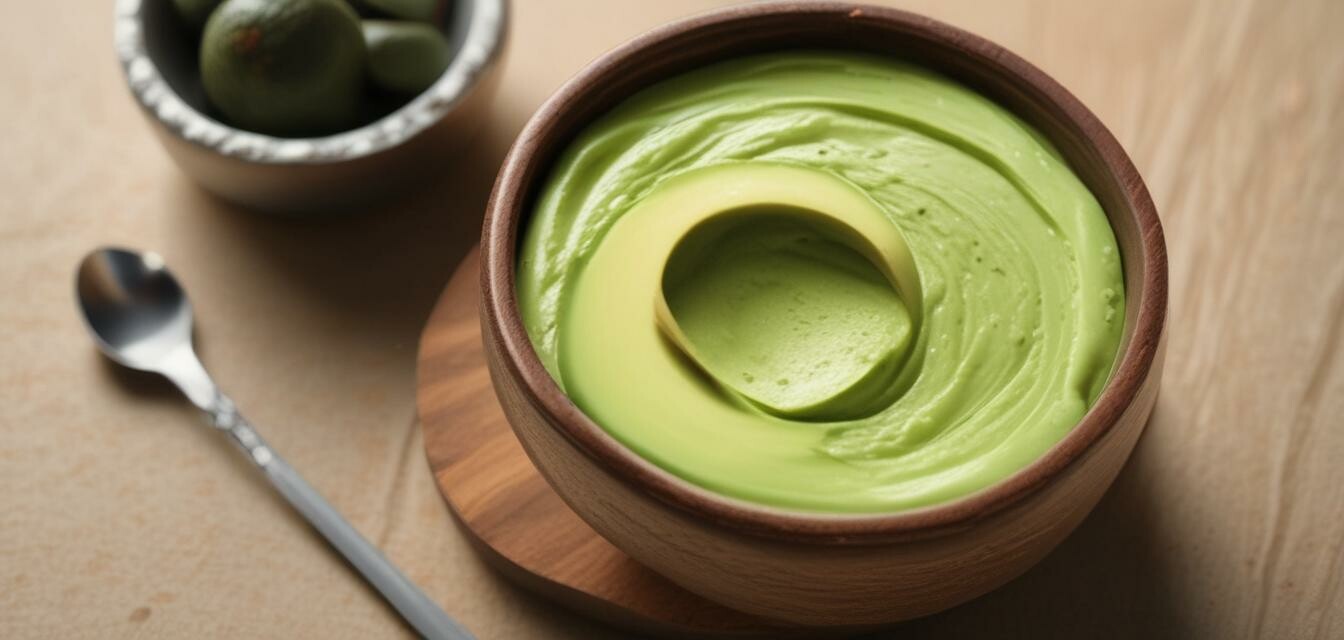
2. Exfoliating Coffee Scrub
An exfoliating coffee scrub boosts circulation and leaves your skin feeling smooth.
Ingredients:
- 1 cup of ground coffee
- 1/2 cup of coconut oil
- 1/2 cup of brown sugar
Instructions:
- In a mixing bowl, combine all ingredients to form a paste.
- Gently scrub the mixture on damp skin in circular motions.
- Rinse off with warm water and pat dry.
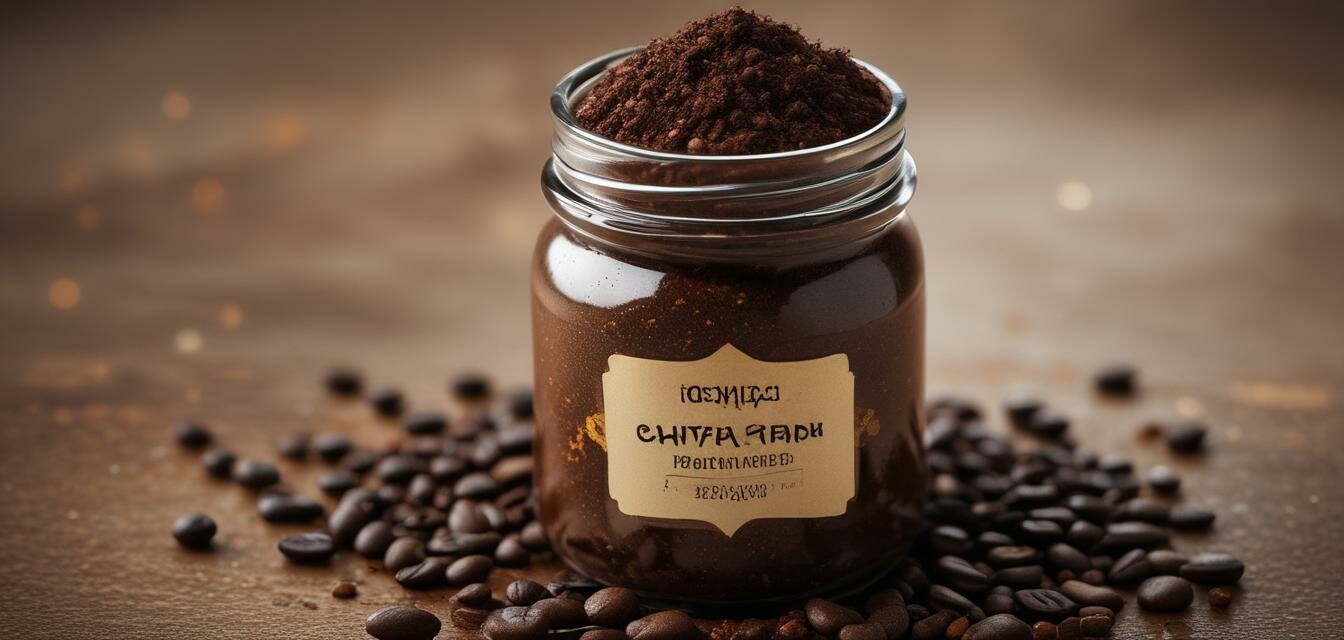
3. Soothing Aloe Vera Gel
Aloe vera gel is known for its soothing properties, ideal for irritated skin.
Ingredients:
- Fresh aloe vera leaves
- Optional: Essential oil (like lavender or tea tree)
Instructions:
- Cut the aloe vera leaves to extract the gel using a spoon.
- If desired, add a few drops of essential oil for fragrance.
- Store the gel in a clean jar in the refrigerator for a cooling effect.
4. Nourishing Body Oil
Keep your skin moisturized with a simple nourishing body oil.
Ingredients:
- 1/2 cup of almond oil
- 1/4 cup of jojoba oil
- 10 drops of your favorite essential oil
Instructions:
- Combine all oils in a glass bottle.
- Shake well before each use and apply after bathing.
Comparison of DIY vs. Store-Bought Products
| Feature | DIY Organic Products | Store-Bought Products |
|---|---|---|
| Ingredients | 100% natural, tailor-made | May contain synthetic additives |
| Cost | Generally lower long-term costs | Can be more expensive |
| Customization | Fully customizable | Limited options |
| Preservatives | No harmful preservatives | Often contains preservatives |
| Environmental Impact | Eco-friendly options available | Varies by brand |
Tips for Beginners
- Always perform a patch test before trying any new recipe.
- Use high-quality organic ingredients for the best results.
- Store your DIY products in cool, dark places to prolong their shelf life.
- Be creative and experiment with different ingredients and ratios.
Conclusion
DIY organic skincare is a great way to take control of your skin's health while embracing your creativity. With simple recipes that are easy to follow, you can achieve glowing skin using natural ingredients. For more tips on organic skincare, check out our sections on Body Lotions & Oils, Exfoliators & Masks, and Moisturizers & Serums.
Pros
- Cost-effective compared to commercial products.
- Fewer chemicals and preservatives.
- Environmentally friendly.
- Customizable for different skin types.
Cons
- Shorter shelf life than store-bought products.
- Requires some knowledge of ingredients.
- Potential for allergies with certain natural ingredients.


